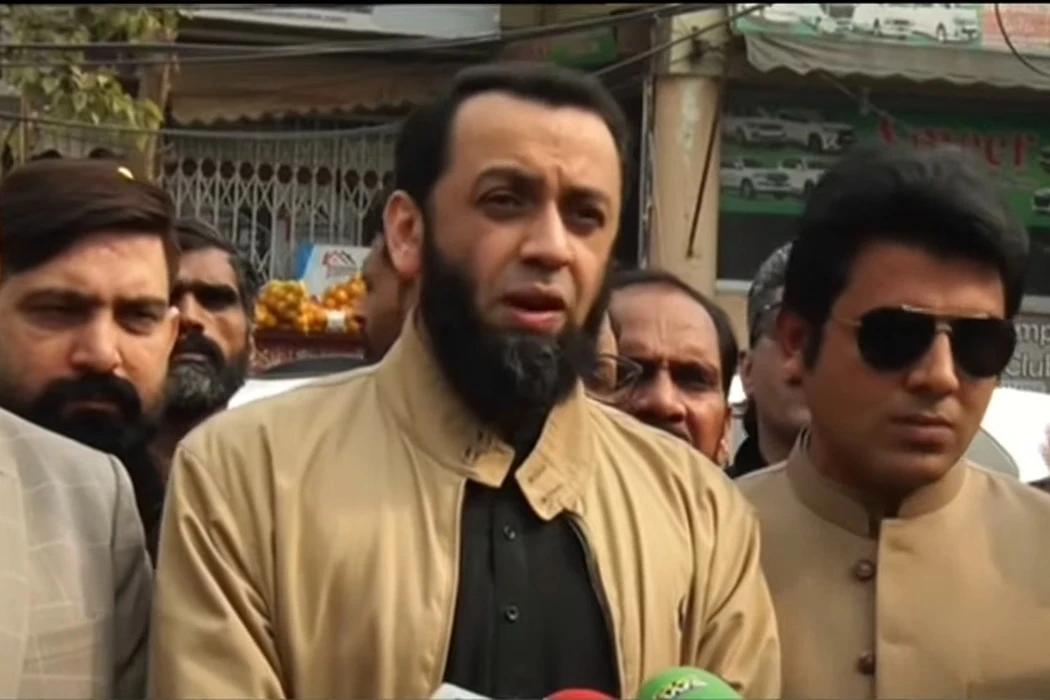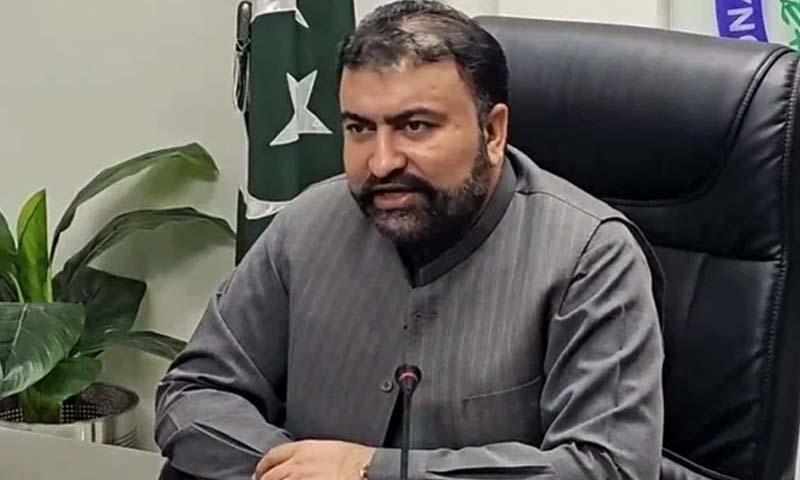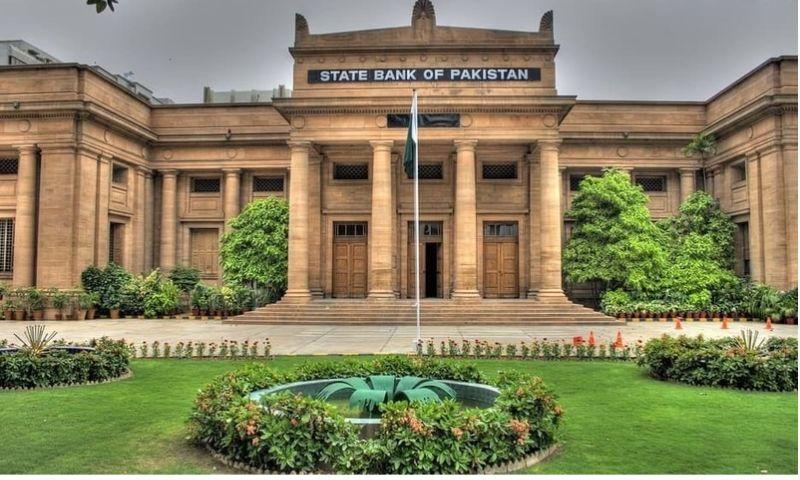Capital Calling, an Islamabad-based think tank, has stated that that it is encouraging that the country has succeeded in getting “an immediate disbursement of SDR 828 million (around $1.1 billion)


Islamabad: Following the discussion of the Executive Board of the IMF, Antoinette Sayeh, Deputy Managing Director and Chair, has pressed on the country to "capitalise on this hard‑won stability...with sound macroeconomic policies and structural reforms to create stronger, inclusive, and sustainable growth."
Capital Calling, an Islamabad-based think tank, has stated that it is encouraging that the country has succeeded in getting "an immediate disbursement of SDR 828 million (around $1.1 billion), bringing total disbursements under the arrangement to SDR 2.250 billion (about $3 billion)".
It, however, pointed out that multinational cigarette companies are seemingly unhappy with this "hard-won stability" that the country has achieved. It said that that taxes on non-essential items like cigarettes should be brought at par with international standards. We are the cheapest in the region as far as cigarettes are concerned.
The parameters set by the World Health Organization (WHO) for taxing cigarettes take into account the volume of mortality and morbidity that these products cause in society. Research reports have mentioned that over 24 million Pakistanis are active smokers inflicting irreparable damage on passive ones.
The country has turned into a haven for cigarette production as it is counted among the nine poor states that account for the production of 90 per cent of cigarettes for the world. It has become the haven for the tobacco sector because of the enormous power MNCs enjoy over regulators here in Pakistan.
Only this power of manipulation is responsible for an estimated loss of Rs567 billion in the last seven years. These figures are revealed by a recently conducted study of SDPI.
The think tank also quoted a research report by PIDE, a government entity, revealing that "when the government abolished the third tax tier in 2019 which effectively reduced the tobacco industry’s manoeuvring space to sell cheaper cigarettes by avoiding taxes, the tax contribution of the industry actually increased to 120 billion Pakistani rupees (Rs) compared to Rs 92 billion in 2016. This raised the tobacco industry’s share of total tax collection to 3 per cent from 2.15 per cent in FY16."
It went on to mention, "The government’s reluctance to change tobacco tax policy is partly due to its failure to fully appreciate the smoking-attributable fraction (SAF) of health and social costs. This makes its benefit-cost analysis of tax revenue faulty and compromised over e-health outcomes."
Therefore, Capital Calling, has called for taking the health cost of cigarettes into account at the time of fixing taxes on this industry of non-essential goods so that it does not lose its "hard-won stability". This, it said, is one of the many essential steps to take though.

Windows 11’s ability to resume Android apps on your PC is getting closer
- 18 hours ago
Fiesta Bowl to host women's flag football tourney
- a day ago

Terrorist attacks in Balochistan: US, Qatar, Saudi Arabia and Other countries strongly condemn
- 20 hours ago
Pavia vows to show NFL 'what I got' in Senior Bowl...
- a day ago
Rose breaks 36-hole Torrey Pines mark, up 4 shots
- 2 hours ago

Who will win the Australian Open men's title?
- 15 hours ago

With Bader in center field, Giants move Lee to rig...
- 15 hours ago

Security forces committed to eliminate anti-Pakistan proxies: Attaullah Tarar
- 14 hours ago

Security forces kill 133 terrorists in Balochistan operation, 15 soldiers martyred
- 20 hours ago

Interior minister,CM Balochistan and Corps Commander visit CMH Quetta
- 18 hours ago

Draymond: Not losing sleep as Giannis talk swirls
- 15 hours ago

Balochistan operations: 145 terrorists killed as CM vows long term fight against terrorism
- 16 hours ago






